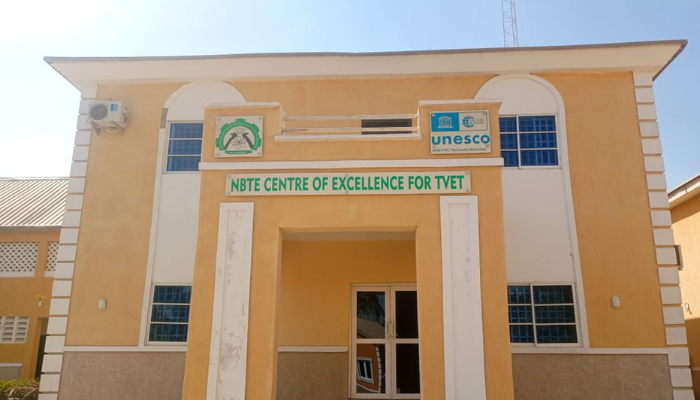In a move to revitalise vocational education and encourage youth participation, the Federal Government has announced plans to pay a monthly stipend of ₦45,000 to students enrolled in Technical and Vocational Education and Training (TVET) colleges nationwide.
The announcement was made by Idris Bugaje, Executive Secretary of the National Board for Technical Education (NBTE), during an interview with the News Agency of Nigeria (NAN) in Abuja. The disclosure comes as part of the second-year review of President Bola Tinubu’s administration.
Bugaje explained that the stipend initiative is intended to accelerate the growth of technical education in Nigeria and increase student enrollment at the sub-tertiary level.
“With this, young people will find it more attractive to come to a technical college, acquire skills qualifications, get jobs locally and even beyond Nigeria’s borders,” Bugaje said. “This way, the whole sector is being repositioned. We are currently witnessing what you may call either a resurrection or a rebirth of TVET.”
He said the stipend is one of several measures the government is introducing to make technical education a preferred option for Nigerian youths, as against conventional university degrees.
Bugaje noted that technical education, which thrived during the colonial and early post-independence periods, has suffered neglect for decades. He highlighted that the number of technical colleges in Nigeria currently stands at 129, a stark contrast to the over 15,000 senior secondary schools in the country.
Beyond the monthly stipend, the federal government plans to offer additional support to TVET students. These include payment of tuition fees, stipends for industry-based supervisors (referred to as “master class” instructors), financing of skill certification costs, and access to a ₦120 billion grant.
Bugaje said the ₦45,000 monthly payment is a grant and not a loan, meaning students who benefit will not be required to repay it. The ₦120 billion fund will be disbursed through the Nigerian Education Loan Fund.
“We want to encourage more people to enrol in technical education,” he said.
To guarantee the long-term sustainability of the reforms, Bugaje said the Minister of Education is working on a legislative bill to establish a National Skills Fund under the Nigerian Skills Qualification Framework (NSQF).
“This was an idea we have been talking about in the past years, but the new minister has taken it up. The bill shall soon be presented in the National Assembly to establish the Nigerian Skills Qualification Framework and under it, the National Skills Fund,” he said.
According to him, the proposed fund will continue to support TVET institutions across Nigeria, including those in the private sector.





